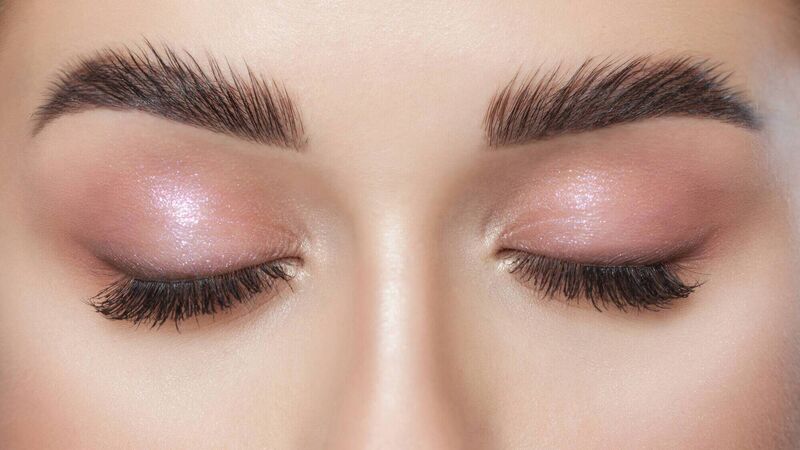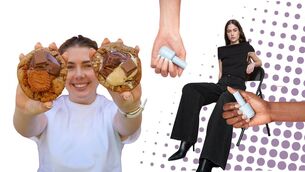Want thicker lashes? Five easy ways to make them look bigger

Want to make an impression with your lashes? First, make the most of what you have.
Long, thick lashes may be tiny tendrils, but they can make a serious impact. Perhaps it’s the way they contrast brightly with the scleral whiteness of the eyes or how they frame our most expressive facial features so beautifully, but they are never out of style. The best way to get them looking longer and thicker naturally is to make the most of what you have.










